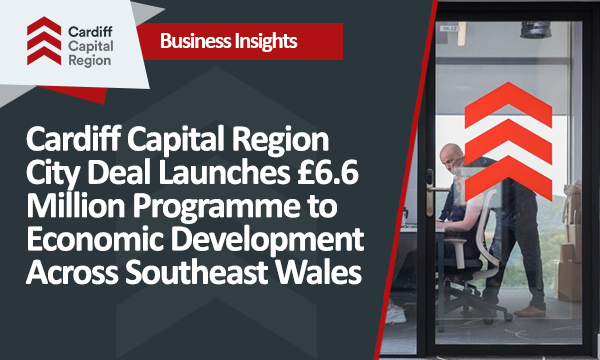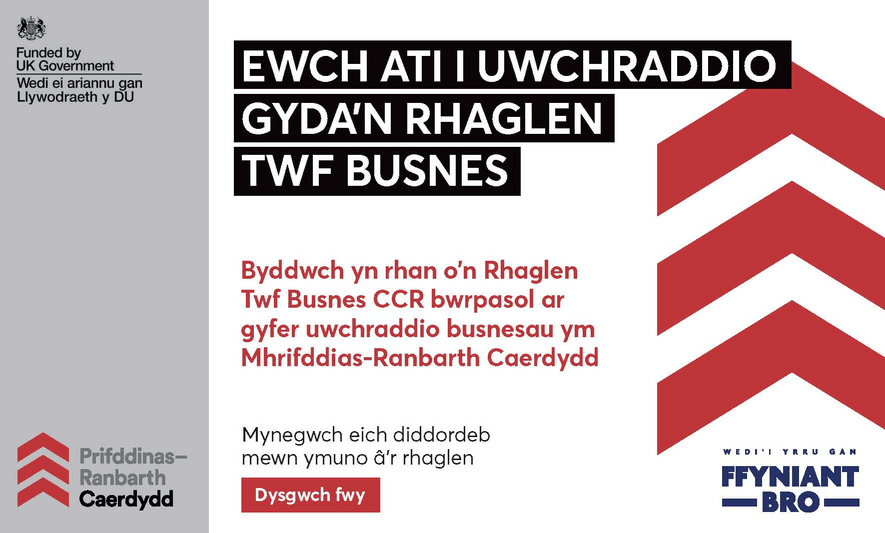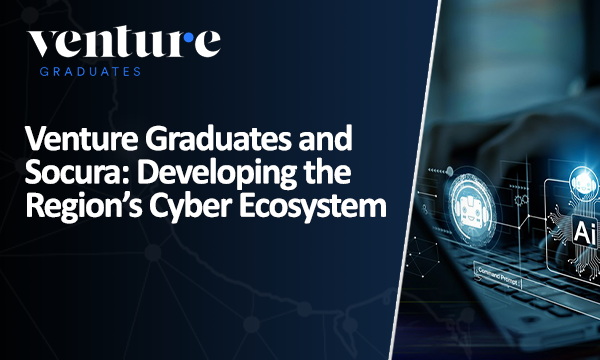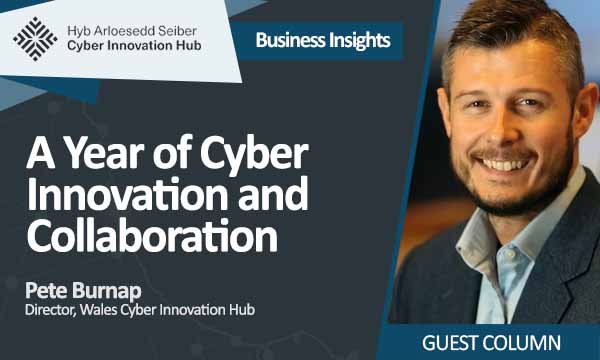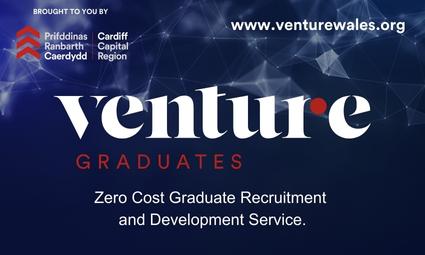As we move out of the pandemic, it would be easy to talk change but unconsciously slip back into the ‘same old’. That is simply not an option for CCR; and even if it was, it wouldn’t be a particularly wise route to take.
As we’ve seen in previous “Reimagining the Region “articles, the Pre-Covid CCR was a wonderful place to live and work for many; and a far-from-perfect-place for many others. A region characterised by an extraordinary history and huge potential for the future, with much to cherish and be proud of – and much to change and improve. CCR came into being to address the geographical inequalities, attract more of the ‘right’ inward investment, strengthen our foundational economy and make public investment work better right across our region. Those challenges still remain.
A unique moment in time to put in place the foundations for a new future
The CCR ambition – and clear commitment – is to do more than meet those challenges. We have perhaps a unique moment in time to put in place the foundations for a new future, through a bold yet achievable ‘Five for Five’: the five key priority areas that will be the hallmarks of CCR’s evolution over the next five years – central to building sustainable inclusive growth by taking us beyond City Deal and creating a robust platform for developing compatible initiatives that create a wider and more holistic City Agenda, based on:
- Building Back Better
- Becoming a City Region
- Scaling Up
- Levelling Up
- Developing Economic Clusters
Individually, each of these commitments represents a major pillar in building and supporting inclusive growth right across our region. Taken together, they promise a transformation in the lives and wellbeing of 1.3 million people, tens of thousands of businesses – and every community in South East Wales.
CCR’s work of the past four years has created the strongest foundation for us to build upon.
As Chair of the CCR Cabinet Anthony Hunt noted:
“The trust and co-operation between the leaders of all 10 boroughs is proven. The expertise is here, reinforced by the recent appointments of Nigel Griffiths to lead our Business Council and David Stevens and Guy Lacey to bolster our Economic Growth Partnership. The collective will is evident from everyone I talk to. We have an emerging ecosystem in place, so we’ve been able to make these priority areas intentionally high-level and overlapping.”
Given that, let’s look in more detail at how we can leverage and maximise everything we have, beginning with Building Back Better and Becoming a City Region…
Doing the ‘same old same old’ simply won’t work
Pillar 1: Building Back Better.
At heart, ‘Building Back Better’ means restructuring our economy to create a new resilience. Doing things ‘the old way’ will not mitigate the devastating impacts of COVID and the major changes in the labour market that lie ahead. Nor will the ‘same old’ harness the clear potential we have to build back better. Some of that potential has been shown during lockdown – through home working, buying local, lowering vehicle use, localising supply chains and diversifying what businesses do. Those insights have given us the opportunity to build new structures that will better serve our growth and sustainability needs.
How can CCR support this? Here’s how:
The strongest of foundations to build on
Delivering on our COVID-19 10 Point Priority-Set. CCR will continue to focus on setting up specific funds – including more Challenge Funds aimed at local wealth building and the foundational economy – to open up opportunities for more businesses, (particularly SMEs), to become involved. That’s why we moved quickly to put the COVID-19 Priority Set in place, but were careful to align these with our broader vision – and the evidence is growing that doing this during the pandemic may even have accelerated a positive move towards our longer-term goals.
Creating a Future Skills Hub. This is simply critical in a world where 20% of current jobs will have disappeared by the end of 2025. That’s just 20 business quarters from now – so our Future Skills Hub will include building on our Graduate scheme to address ‘brain drain’, aligning with an executive education programme; and putting in place targeted backing for industries of the future through shared apprenticeship schemes and innovative variations on the software academy model.
Leigh Hughes, Chair of the Regional Skills Partnership.
“This work will be crucial for continual reskilling and upskilling, not just for those whose jobs are deemed ‘unviable’ under the new Coronavirus wage support scheme; but on an ongoing and continual basis, as we grasp the opportunities of shaping a new workforce for the fourth industrial revolution.”
Ongoing skilling for a world of continual change
Implementing a Strategic Premises Fund. This new fund will help with those economies that have traded effectively and grown through COVID-19 – sectors such as Medtech, Fintech and Cyber – all of whom bring huge potential to build greater local supply chains in our region. More than ‘just’ anchoring significant companies and their expansion plans in the region, these businesses bring an emphasis on remote working which will encourage local co-working spaces that revitalise high streets and stimulate local entrepreneurship, too.
ESG, Ethical and Place-based Investment. Given the uneven impact of COVID-19 on the economy – and its disproportionate effect on different groups, genders and age ranges – we’re developing a policy position attached to the Investment Framework for ESG and Ethics. This will align with our commitment to maintaining a balanced programme across those public sector-led initiatives that support all places – e.g. transport, digital, challenge funds, housing fund – and those that are more private-sector driven and targeted.
Restructuring our economy to create a new resilience
Managing Climate Crisis and Decarbonisation. We’re adopting our first Energy Plan, co-developed with the Welsh Government Energy Service. As well as projects, challenge funds and demonstrators for new technologies such as EV and hydrogen, we’ll also be looking to drive behavioural change, focusing on ensuring wider project alignment with emission-reduction goals, building our resilience to climate impact – and prioritising accessibility-based mobility systems and decentralised electricity systems.
Huw David, Chair Regional Transport Authority and Leader Bridgend Council:
“We are making things happen every day, working closely with the government to implement a game-changing Energy Vision & Strategy. It really is a massive agenda, stretching from decarbonisation to renewables, and one thing I know: we are not going back to the way it was before. The climate is changing right now and we must change with it. We simply don’t have a choice in the matter and we just need to get on with it. That means adopting renewables and reducing carbon emissions at a rapid pace. This region can and is leading the way. We have the wind, the water, the will and the technology. I know we can do it – and we must do it”
Pillar 2: Becoming a City Region.
We have a unique experience that can be leveraged for the wider good
Our progress over the past four years has given us a clear opportunity to evolve a strengthened regional economic governance system, with the CCR City Deal at its heart. CCR is a construct of three layers of government – UK, Wales and Local Governments – so we have unique experience of regional public investment; and this can be leveraged for the wider good. Building on this will bring access to the full range of funds, investments and opportunities that are available – and we can achieve this by:
Shaping and owning the CCR Corporate Joint Committee (CJC). We already have a mature and stable CCR Cabinet Committee, with ambitions to become a testbed region. Now is the time to build on our current practices, partnerships, governance frameworks and investment strategies – and demonstrate a strengthened model of regional economic governance and public investment. Developing, engaging and executing such a shift will be a significant early priority for CCR to deliver upon – and we’re expecting CJC’s to begin operating in February 2022, but ensuring the City Deal remains a core delivery priority as it is central to the achievement of our wider aims.
A strengthened model of regional economic governance and public investment
Becoming a Testbed Region through a new institutional capacity. The OECD Report to Welsh Government on Regional Economic Governance made a number of recommendations that are complementary to our vision for enacting a Corporate Joint Committee. These include a suggestion for the Welsh Government to establish an Office for Regional Development and new regional structures to support this – led by Local Authorities and owned by ‘market-facing agencies’ such as Regional Development Entities. We’re building on the case already made for such a structure, to evolve our practices and build our institutional capacity to where it can make the most difference locally and regionally.
Playing our part in delivering Regional Investment for Wales. We’ve recognised the timing gap between Brexit and the enactment of a Corporate Joint Committee – and in particular, the activation of new arrangements for the Shared Prosperity Fund. That’s why we’re working with UK and Welsh Governments to play our part in both transitional and permanent arrangements – leveraging partnerships, aligning funds, making investments and higher level policy goals, all-in-all building our experience of working in a multi-tier governance environment.
CCR must play a key role in shaping partnerships for the region
Cementing our commitment through a Regional Economic Framework. CCR is one region and we’re here to align the interests and ambitions of many different stakeholders – so it’s important we contribute to the wider frameworks that provide a sense of shared purpose and collective endeavour, enabling all partners to understand their contribution and where they ‘fit’.
Developing our policy and economic insight partnership. ‘Data-led decision-making’ must be more than a soundbite. The provision of data insights, economic intelligence and impact assessments are all key to quality evaluation and making critical decisions on clear evidence. The big issues of our day – including clean growth, post-pandemic recovery, levelling-up and inter-regional initiatives such as the Western Gateway – all require strong and compelling perspectives; and we must invest in cementing our current arrangements in this vital area.
Ensuring research excellence converts to positive economic outcomes
Engaging in International Partnerships. A new agreement for UK membership of Horizon Europe was signed on Christmas Eve; and there’s also scope to establish international research partnerships that can drive new forms of Inward and Foreign Direct Investment, as well as helping support research collaboration. We’re well aware that CCR must play a key role in shaping this for the region and ensuring research excellence converts to positive economic outcomes.
We couldn’t be more excited or committed to Building Back Better and Becoming a City Region. They’re absolutely key priorities to move the region forward – and next week, we’ll be fleshing out in more detail our other three priorities for the next five years: to Scale-up, Level-up and Develop Economic Clusters.




